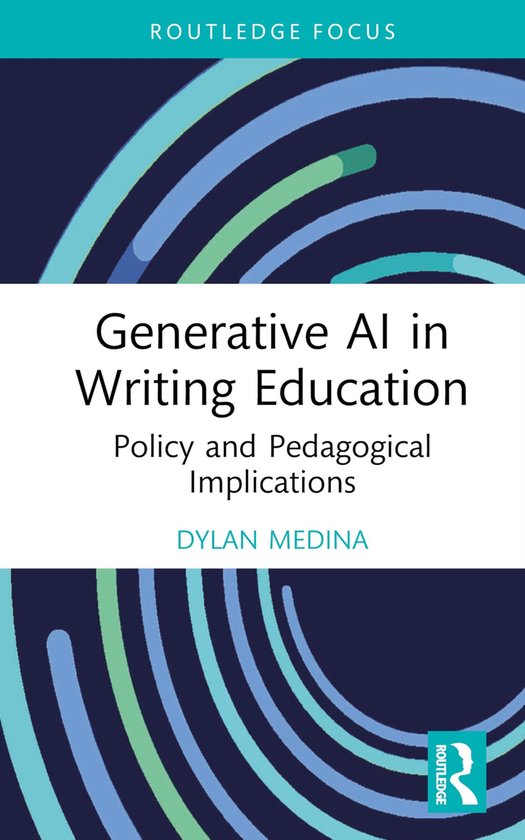Routledge research in writing studies generative ai in writing education

Direct beschikbaar
This book provides a theoretical framework to allow educators, researchers, and policymakers to better understand computer‑generated writing and the policy and pedagogical implications of generative AI.
Generative AI, such as ChatGPT and Gemini, has substantially disrupted educational spaces, forcing educators, policymakers, and other stakeholders to reconsider writing and how it should be used in education. Responding to this disruption, this book provides technically sound guidance on how various stakeholders should engage with generative AI. After providing a foundational and technical discussion of the technology, this book directly addresses the educational context. Informed by theories of learning and knowledge transfer and utilizing rhetorical theories of writing, this book assesses the impact of AI on student learning, student performance, and academic honesty and integrity. In doing so, the book outlines how generative AI can be both a help and a hindrance for students, enabling readers to craft informed and meaningful policies and successfully integrate AI in the composition classroom.
This book will be of interest to scholars in the fields of Rhetoric and Composition, Technical Writing, Communication Studies, Linguistics, and TESOL, as well as to Education and Machine Learning policymakers, program directors, and researchers.
- 1 Bekijk alle specificaties
Taal: en
Bindwijze: E-book
Oorspronkelijke releasedatum: 02 oktober 2024
Ebook Formaat: Adobe ePub
Hoofdauteur: Dylan Medina
Hoofduitgeverij: Routledge
Lees dit ebook op: Desktop (Mac en Windows)
Lees dit ebook op: Kobo e-reader
Lees dit ebook op: Android (smartphone en tablet)
Lees dit ebook op: iOS (smartphone en tablet)
Lees dit ebook op: Windows (smartphone en tablet)
Editie: 1
Studieboek: Nee
EAN: 9781040261316